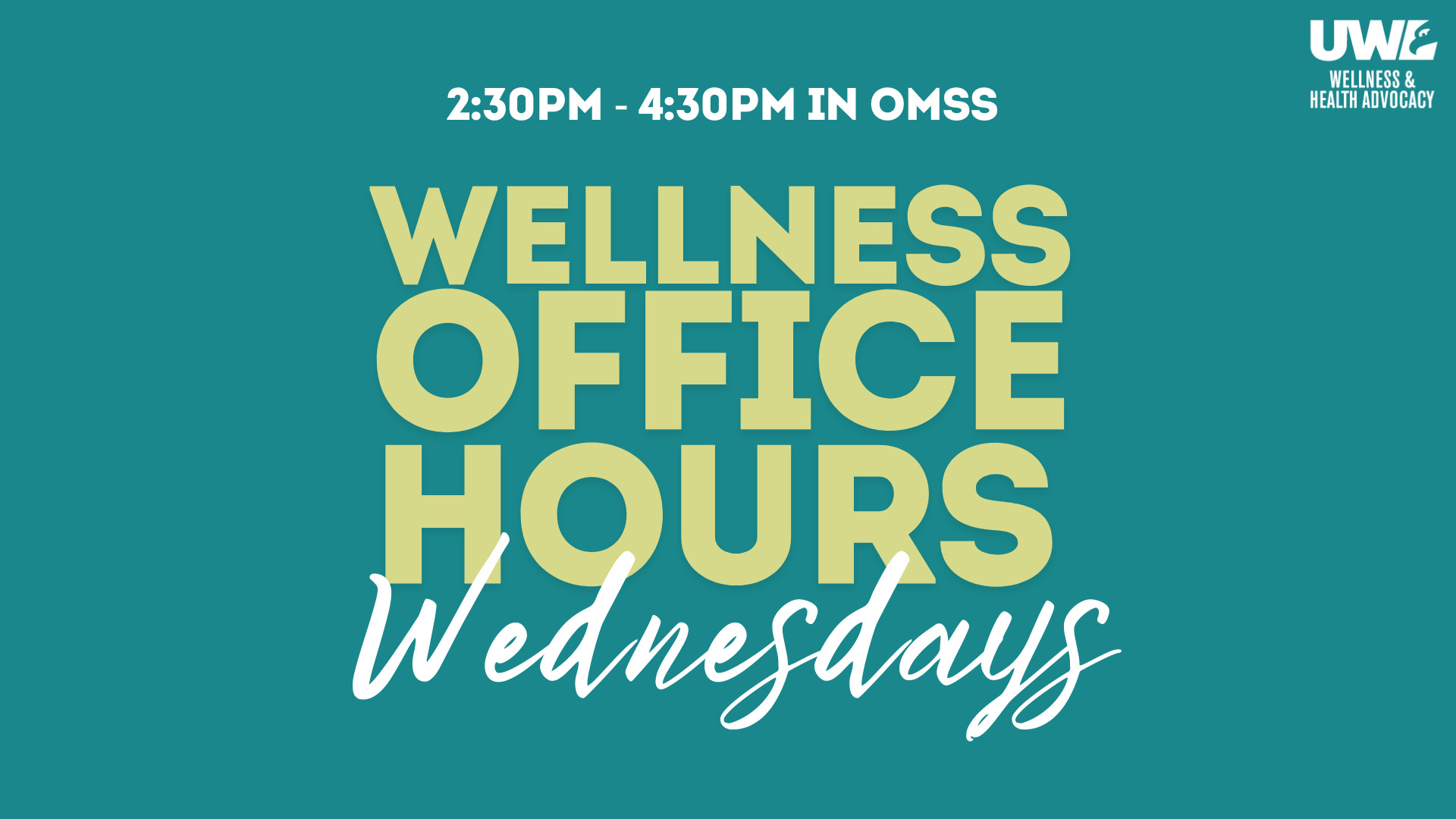Posted 8:46 a.m. Wednesday, Jan. 31, 2024

The First Steps Toward Understanding Privilege
It’s been just under a year since I began serving the College of Science and Health (CSH) as the Diversity, Equity, and Inclusion (DEI) Fellow. The CSH DEI Fellow is a new position to the college, though DEI Fellows are not new to the university. The position is a positive sign that the university and college recognize the value that DEI brings to science and health education. I spent the first part of this past year familiarizing myself with the nuances of each department and discipline so that I can better serve the college over the next two years. While I began to create a plan for my tenure as DEI Fellow, things quickly shifted during the summer of 2023, with Supreme Court rulings against affirmative action, among other things.
Anyone who works in DEI knows the work is hard. This past year has been particularly challenging for DEI in Wisconsin. The messaging from the D&I Division has been the same: Continue to do what we do until further notice. It should be stated that there is a certain amount of privilege that allows someone to do DEI work as a state employee when the state is actively trying to cut DEI programs. And it is unfortunate that several of our colleagues on campus don’t feel as if they are in the position to continue their DEI work, because DEI benefits everyone, especially in higher education.
As a woman in mathematics, I could tell you stories about how my undergraduate institution had one tenured woman faculty member to the 20+ tenured men. I could tell you what it was like to be the only woman in a classroom full of men. I could also tell you that I entered college with a huge amount of privilege: I am white and I come from a family where both parents have college degrees. My support network was established at a very young age to help me succeed academically. I did not realize this until many years after a chance encounter on a bus during my first year of college.
I got on the bus at a campus stop and sat down near a woman and her daughter, who must have been about 8 years old. The little girl commented on my backpack, asking her mom why a grown-up would have one. The mother replied telling her daughter that I was in college and that she didn’t need to worry because she could never afford college. College was for “rich people,” not “poor people.”
Anger. I felt anger because I worked hard to be where I was at. I had earned scholarships to pay for college and studied hard to maintain my grades. How dare that mother tell her daughter that she couldn’t go to college! Everyone could go to college if they tried hard enough, right? There were ways to pay for college besides family support, right? This encounter was the beginning of my recognizing the rose-tinted glasses I viewed the world with. It took me many years to begin unpacking this situation, more years for me to see my privilege, and even more years to understand what this encounter represented.
And so here I am, a white privileged woman, representing our college as the DEI fellow. Why me? What do I have to offer the college? If anything, I hope to help people understand (their) privilege and what role (their) privilege plays in shaping who they are and how they view the world. Once this connection is made, we can begin to understand why DEI work is important for all students to succeed. Student success initiatives do not exist naturally within universities because academia is not designed to support student success. Period. What happens in the next week, month, or year within D&I is anyone’s guess. Nevertheless, whatever happens, we will continue doing what we do because it is the right thing to do.





